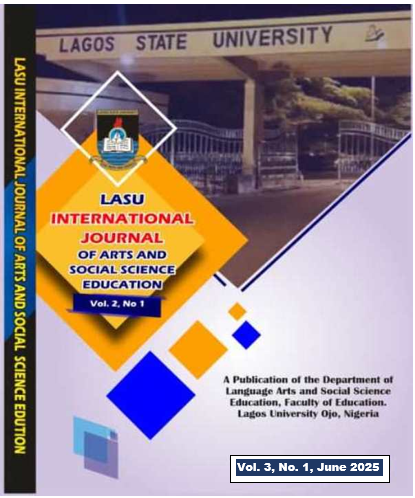ASSESSING 8-WEEK OCCUPATIONAL THERAPY PROGRAMME ON FINE-MOTOR AND GROSS-MOTOR DAILY LIVING SKILLS IN CHILDREN WITH MILD AUTISM-SPECTRUM-DISORDER IN LAGOS STATE
This study assessed the impact of an 8-week occupational therapy (OT) programme on fine and gross motor skills related to activities of daily living (ADLs) in children with mild Autism Spectrum Disorder (ASD) in Lagos State, Nigeria. Using a pre-test–post-test quasi-experimental design, ten children aged 3–11 years were randomly assigned to experimental and control groups. The experimental group received structured OT sessions targeting motor coordination and functional skills, while the control group received conventional therapy. Data were collected using adapted versions of the Vineland Adaptive Behaviour Scales and the Modified Child Occupational Self-Assessment. ANCOVA and t-tests were employed to test four hypotheses at a 0.05 significance level. Findings revealed that the OT intervention significantly improved fine motor-based ADL skills (p = .023, η² = 0.54), but no statistically significant improvement was found in gross motor ADL skills (p = .121), despite a moderate effect size. Gender and age were not significant factors in ADL outcomes post-intervention. The study concludes that a short-term, structured OT programme can effectively enhance fine motor ADL skills in children with mild ASD, while longer or integrated interventions may be required to impact gross motor outcomes. These findings have implications for early intervention, inclusive education planning, and culturally relevant therapy development in Nigeria.


